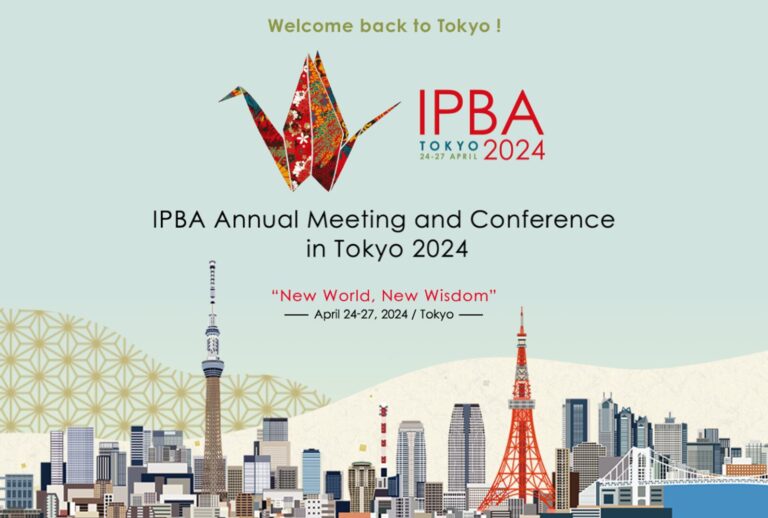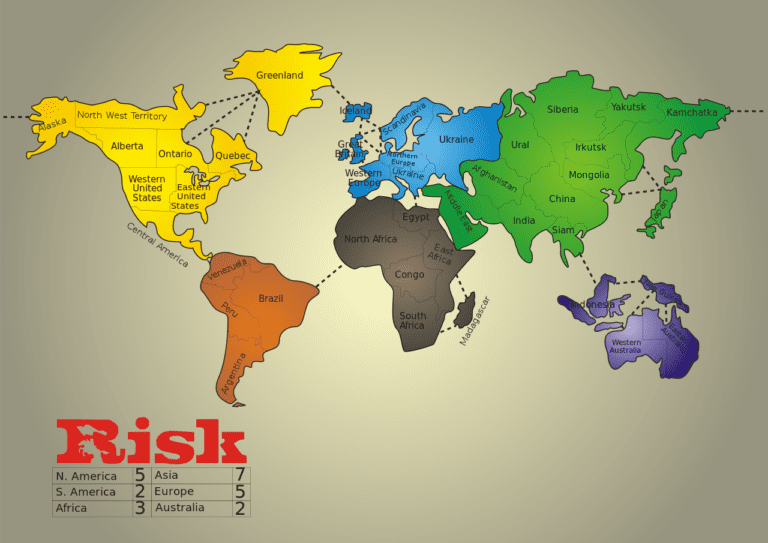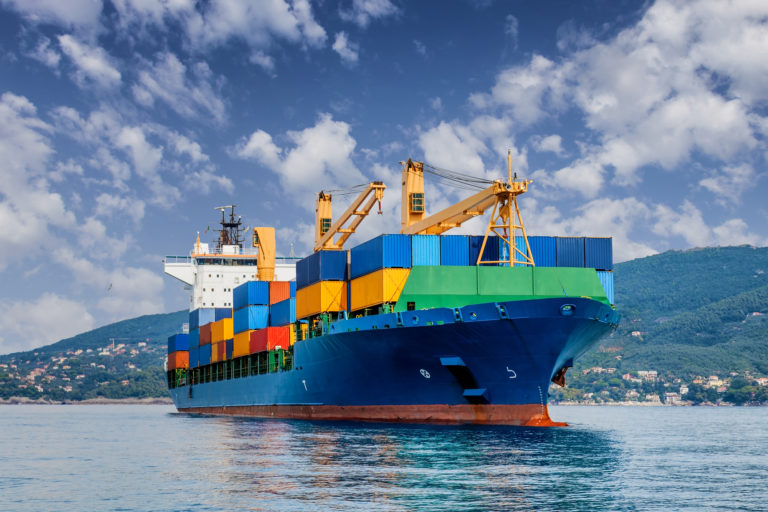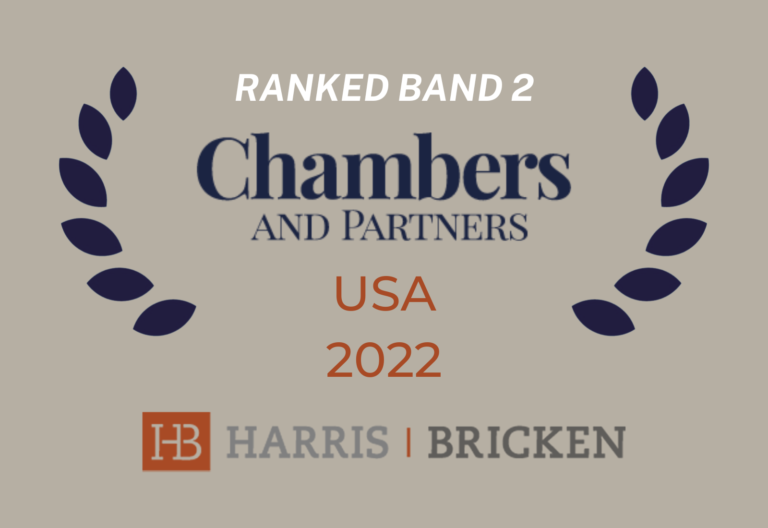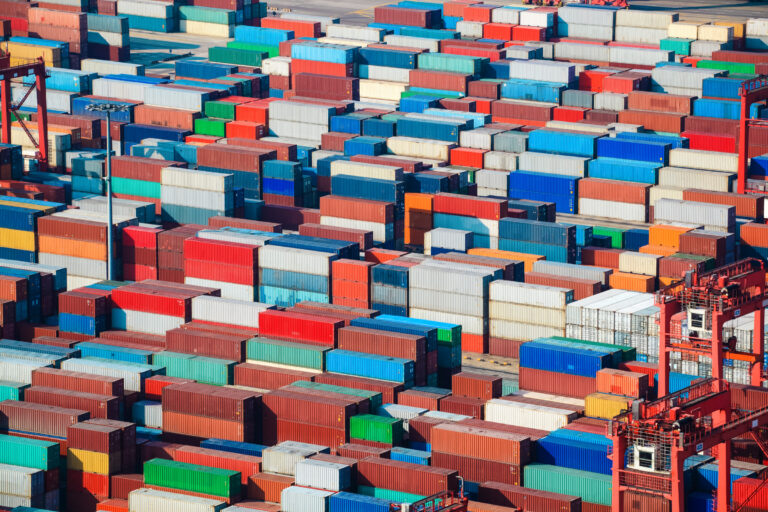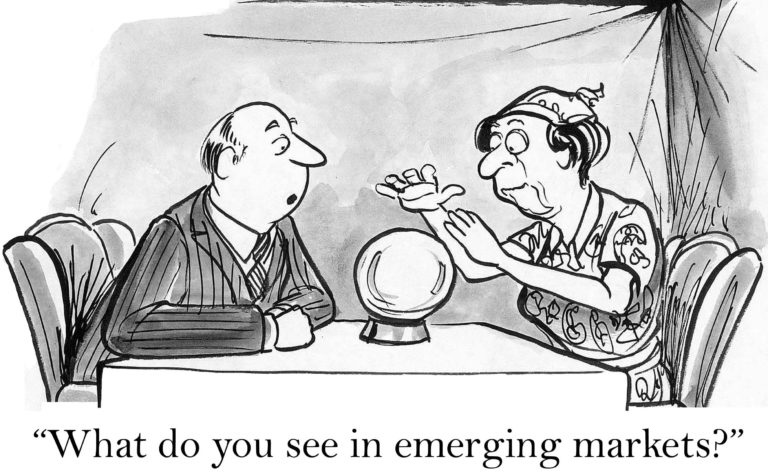
Buying a home in Europe – Renovation and bricolage
This is the third post in Harris Sliwoski’s online series, in which Shannon Brandao will guide you through the practical, legal, and personal considerations of purchasing a home in Europe. See past posts here: Where can YOU buy a home in Europe? Well, that depends . . . Where to buy a home in Europe:











